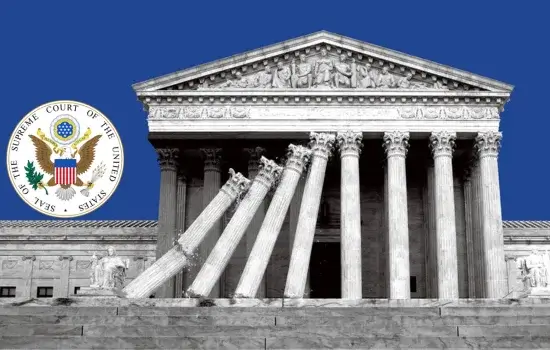In a pivotal decision, the U.S. Court of Appeals for the District of Columbia Circuit has upheld legislation requiring ByteDance, TikTok’s China-based parent company, to divest its U.S. operations by January 19, 2025, or face a nationwide ban. This ruling intensifies the ongoing debate over national security concerns and the future of the popular social media platform in the United States.
Background: National Security Concerns
The U.S. government has long expressed apprehensions that TikTok could compromise national security by potentially sharing user data with the Chinese government. These concerns culminated in the enactment of the Protecting Americans from Foreign Adversary Controlled Applications Act (PAFACA) in April 2024, mandating the divestiture or prohibition of apps owned by entities from designated foreign adversaries. TikTok, with its extensive user base exceeding 170 million Americans, became a primary focus under this legislation.
TikTok’s Legal Challenge
In response to PAFACA, TikTok filed a lawsuit against the U.S. government, asserting that the law infringed upon First Amendment rights and lacked substantial evidence of a security threat. The company contended that the mandated divestiture was technologically and commercially unfeasible. However, the appeals court dismissed these arguments, emphasizing the government’s prerogative to safeguard national security.
Implications for TikTok
With the court’s decision, ByteDance faces a critical deadline to sell TikTok’s U.S. assets by January 19, 2025. Failure to comply would result in the app’s removal from U.S. app stores and a prohibition on web hosting services, effectively rendering it inaccessible to American users. TikTok has announced plans to appeal to the Supreme Court, seeking an injunction to halt the enforcement of the law.
Potential Buyers and Market Impact
The looming divestiture has attracted interest from various investors. Notably, billionaire Frank McCourt’s Project Liberty has reportedly secured $20 billion in informal commitments for a potential acquisition of TikTok’s U.S. operations. Additionally, former Treasury Secretary Steven Mnuchin is exploring a bid. The outcome of these potential transactions could significantly reshape the social media landscape, with competitors like Meta Platforms and Alphabet’s YouTube poised to benefit from any disruption to TikTok’s U.S. presence.
Political Dynamics
The political environment adds another layer of complexity. President-elect Donald Trump, who previously advocated for a TikTok ban, has recently softened his stance. He could potentially extend the divestiture deadline or influence the enforcement of the law, depending on his administration’s policies. Meanwhile, the Chinese government has expressed strong opposition to the forced sale, further complicating the geopolitical dynamics.
Impact on Users and Advertisers
The potential ban poses significant implications for TikTok’s vast user base and the advertisers who leverage the platform. While many advertisers are maintaining their campaigns for now, they are also formulating contingency plans. A ban could lead to a substantial reallocation of advertising budgets to platforms like Instagram and YouTube, altering the digital marketing landscape.
Conclusion
The appeals court’s decision marks a critical juncture in TikTok’s operations within the United States. As the January deadline approaches, the company’s legal strategies, potential acquisition deals, and political developments will play pivotal roles in determining its future. The unfolding scenario underscores the intricate balance between national security concerns and the dynamics of global digital platforms.


